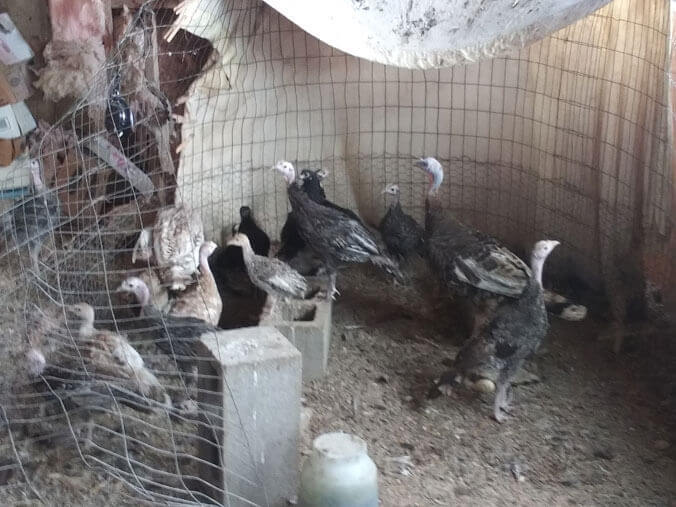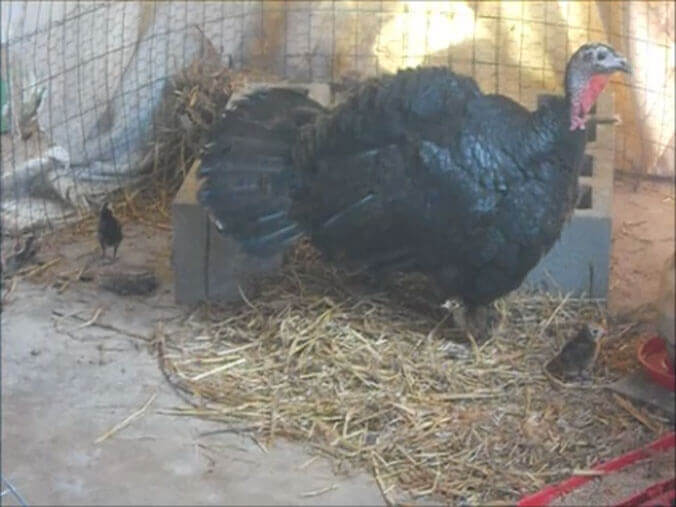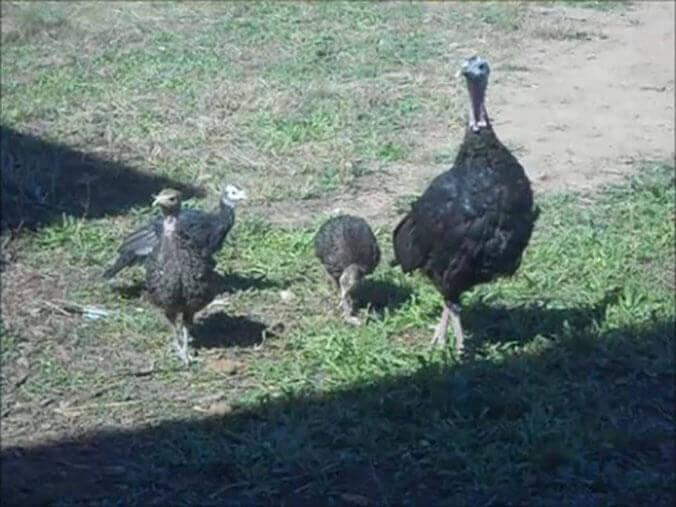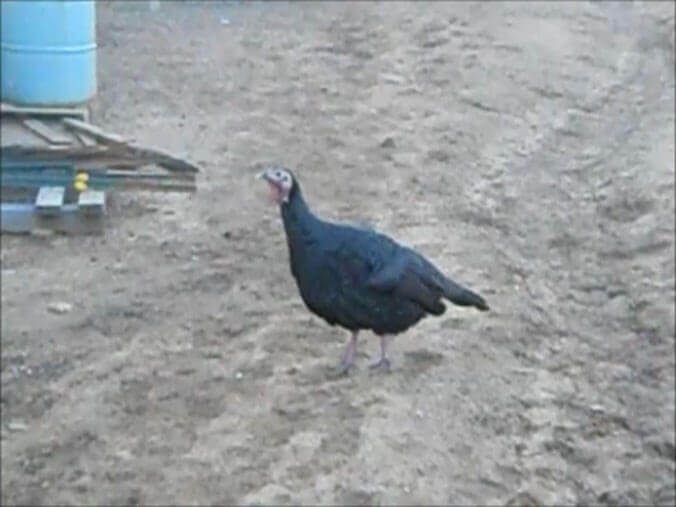Isaiah 53 is all about the Lord Christ Jesus. Amidst His humiliation, He is glorified in His great sacrificial work.
And man by nature will see no loveliness in Him.
Puritan Thomas Manton did a great exposition on this chapter in Isaiah. It’s not just a verse-by-verse commentary, but also how it all should apply to us in practical ways.
I am planning on a set of these related blog posts, going through a section I found important that discusses a level of desire for Christ that we can compare our own to.
The first bit are points that lead into the “Use” section, which is where I’m looking to focus.
Doct. 4. That Christ is so outwardly mean [low], that the men of the world do not any way desire him, or that carnal men do see nothing in Christ wherefore they should desire him. To his spouse he is all beauty, ‘altogether lovely;’ but to them there was no beauty why they should desire him.
The reasons of the point are these:-
- Because carnal men neglect the study of Christ; their hearts are so taken with the things of sense, and the beauty of the creatures [all things created], that they do not look any further.
- Because they reject Christ; he is not for their turn; nay, he is quite contrary to their ends [purposes]. Carnal men have not all the same ends, but they all agree in this, their ends are carnal.
Use 1. It serves for information, to teach us the difference between God’s people and carnal men.
To God’s people he is all their desire; to carnal persons there is nothing desirable in him.
It is good to observe their several verdicts of him: 1 Peter 2:7, ‘To you that believe he is precious, but to them that be disobedient, the stone which the builders disallowed, the same is made the head of the corner, and a stone of stumbling and a rock of offence.’
To the world he is base and ignominious: Ps. 22:6, ‘A worm, and no man, a reproach of men, and despised of the people.’ To the spouse, glorious and full of allurements: Ps. 45:2, ‘Thou art fairer than the children of men: grace is poured into thy lips.‘
To the world he appeared deformed and contemptible: Isa. 52:14, ‘Many were astonied at thee; his visage was so marred more than any man, and his form more than the sons of men;’ but quite contrary to the spouse: Cant. 5:10, ‘My beloved is the fairest of ten thousand.‘ The Hebrew word signifies an ensign-bearer.
In the world’s view there is no form nor comeliness in him; he is without beauty. To the spouse he is ‘altogether lovely,’ Cant. 5:16.
Well, then, you see here is the true differencing note between us and the men of the world, whether we see anything in Christ why we should desire him.
And it is both an inclusive and an exclusive mark. Some marks are inclusive; that is, if a man find them in him, he may be sure he is in Christ; but if not, he is not to determine he is out of Christ. As the eminent and vigorous workings of holy graces, they do not take in every state of Christianity, they do not take in the infancy of grace.
Other marks are exclusive; that is thus, they knock off the fingers of pretenders, and serve to show a man out of grace, but not in. As frequenting of the ordinances, a care of duty; if a man does not these things, he may be sure he is none of God’s, though he cannot be sure he is of God because he does them.
But now this is a mark that is inclusive and exclusive too. It is inclusive, for if your desires be to Christ, no doubt he is yours. It is a true mark, and a mark that is compatible to the weakness of grace. It is a true mark, for God looks to the heart more than to the duty: Prov. 23:26, ‘My son, give me thy heart.’
And desires are the chiefest part of that. Desires are most genuine and suitable to the judgment and determination of the soul. They are a mark in which God’s weakest servants may comfort themselves. Those that fail in other things are not wanting [lacking] in desires. However they may have many defects in their carriage and in their duties, yet they are sure their desires are towards him. If they cannot be much in duty, they will be much in their desires and valuations of him. Peter, that durst not appeal to his own conscience for other things, dares appeal to God’s omnisciency for this: John 21:17, ‘Lord, thou knowest all things; thou knowest that I love thee.’
And the people of God often vouch this: Isa. 26:8, ‘The desire of our soul is to thy name;’ Neh. 1:11, ‘Thy servants who desire to fear thy name.’ Therefore it is comfortable; and it is convincing too, and exclusive.
Wicked men feel no desires; they have some slight wishes, carnal and weak velleities [the lowest degrees of desire], but they have no serious desires, nor true volitions [will, or power to will]. Balaam may wish to die the death of the righteous, Num. 23:10. So they may desire Christ out of some general conceit [conception] of happiness; but they do not desire Christ for holiness.
So there is no beauty in him why we should desire him. They do not desire him as seeing any beauty in his ways John 6:34, ‘Lord, evermore give us this bread.’ When Christ said he was the bread of life, those that would not come to Christ would fain [gladly] have the bread of life.
Nay, heaven itself is not really desired by wicked men; it is true, they may desire it in a carnal way, as a Turkish paradise, and such a place of ease and delight as the Koran sets forth; but not as it is in itself, to enjoy God, and Christ, and more grace, and to be more free and undisturbed in respect of the prevailing of sin and corruptions.
Those that desire Christ truly, desire him not for ease (the spirit of the world may do that), but from the beauty and excellency they find in him, and in his ways. His service is of a high and honourable nature, and therefore they desire it. So that you see here is the note of trial, and the main difference, viz., a desiring of Christ for the rare beauty and perfections that are found in him.
Do you, then, try yourselves by this note.
But that you may not deceive yourselves in this matter, I will give you a few notes. I will not speak anything of the cause of desires. A high value and price set upon Christ, and a seeing rich beauties in him, of that I shall speak in the next verse. I shall only treat now of the effects of this desire. If it be earnest and strong after him, it will be manifested by these things.







